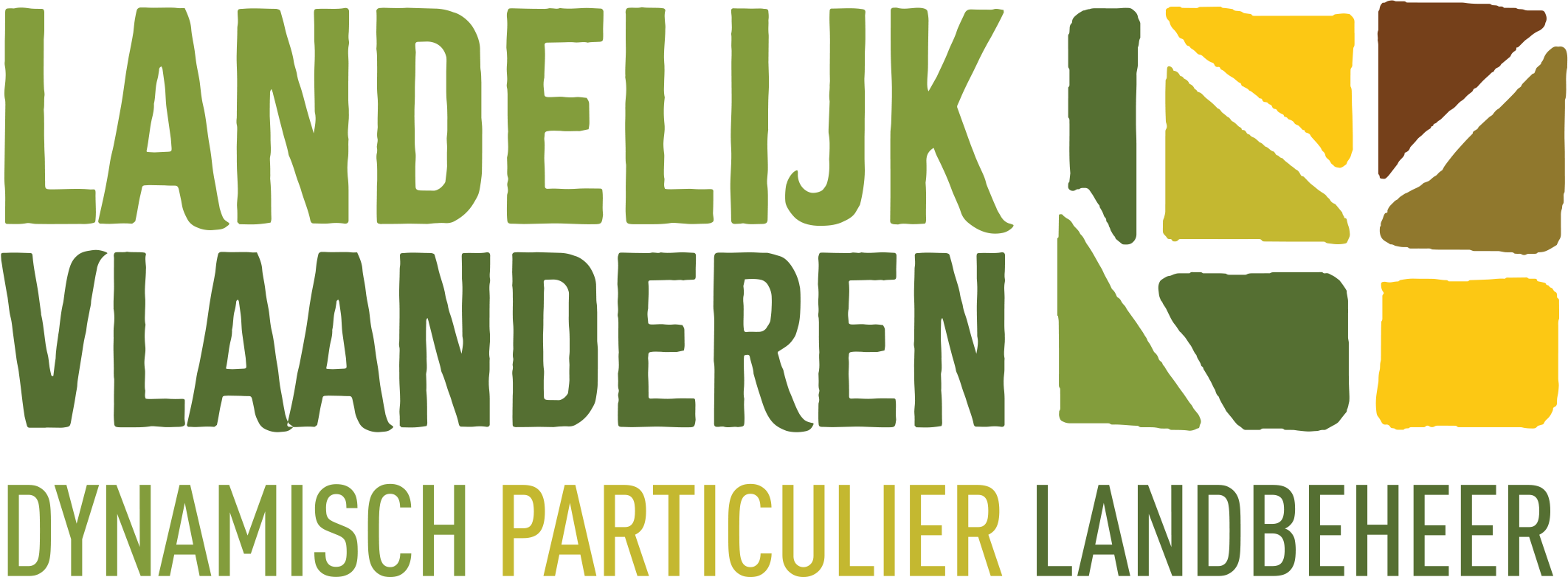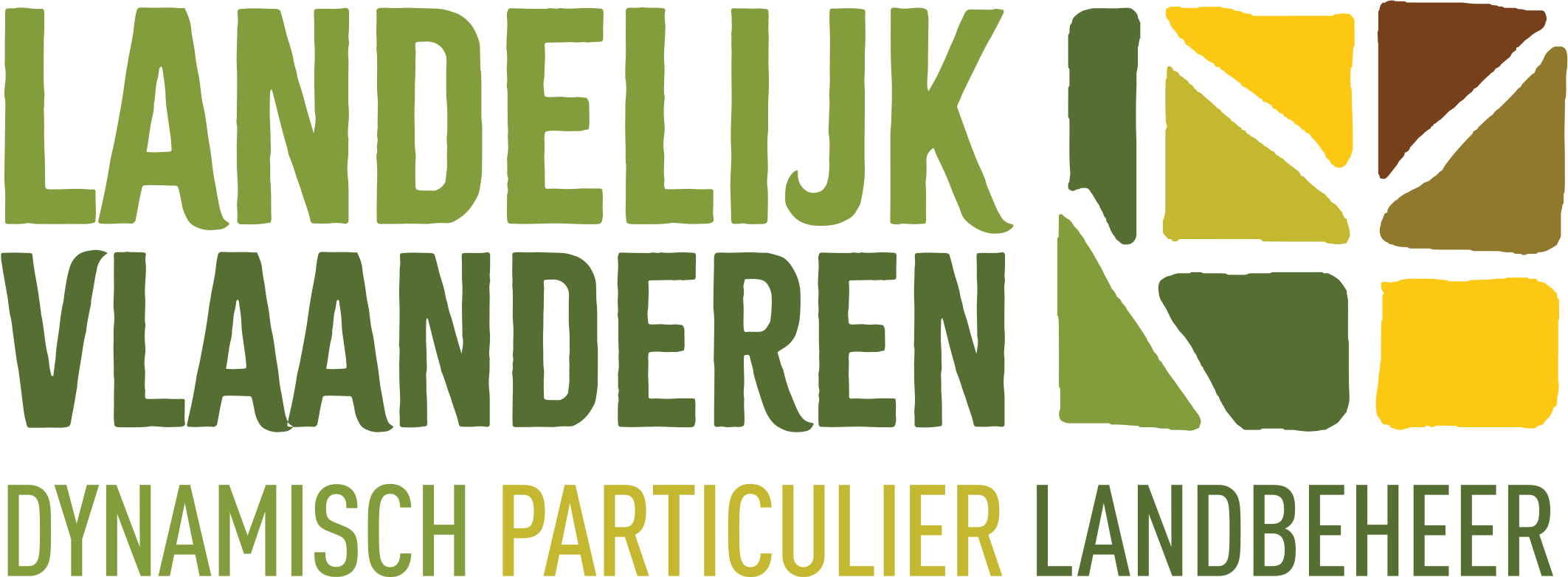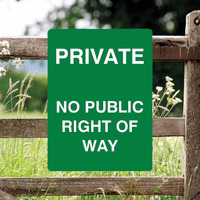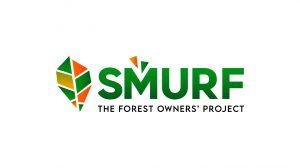By Alexia Bekaert, based on legal analysis by Stijn Verbist, Jadzia Talboom, and Gaël Bedert (Verbist Advocatuur)
In Flanders, the pressure on private property rights continues to grow. Authorities set new spatial and environmental targets, while citizens and advocacy groups increasingly call for access to private land. Walking and cycling routes often cross privately owned forests and fields, creating tension between public enjoyment of the countryside and the rights of landowners.
As the organisation representing private land and forest owners, Landelijk Vlaanderen believes that both interests must be respected. Public access is valuable, but so is the protection of private property. Clear rules, fair procedures, and mutual respect are essential to maintain this balance.
The legal framework in Flanders is complex. Three main sources define the rights and obligations regarding access to private land: the Municipal Roads Decree, the Civil Code, and constitutional and international protections under the European Convention on Human Rights. Together, these define when a path is public, what powers municipalities hold, and how far private ownership extends.
Landowners are well protected by law. Expropriation is only allowed if the public interest clearly requires it, and only with fair and prior compensation. The Civil Code also confirms that ownership includes full authority over the property and that these rights do not expire through non-use.
In practice, defending these rights often requires initiative from the owner. Authorities do not automatically intervene in cases of trespassing or damage. Landowners must act to recover losses or challenge unlawful decisions, although legal remedies and appeal procedures are available.
Through the SMURF project, Landelijk Vlaanderen continues to inform and support private landowners about their rights, obligations, and best practices. Maintaining a healthy balance between accessibility and ownership is vital for sustainable management of the Flemish countryside, for today and for future generations.
Link to SMURF website: here




